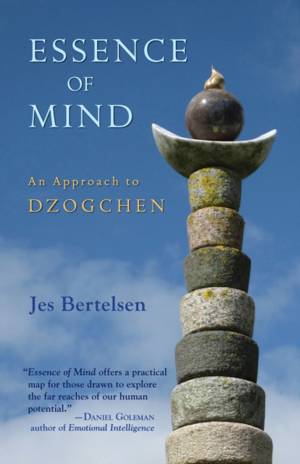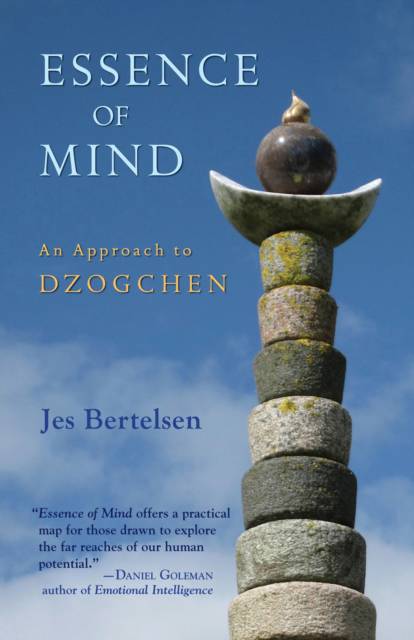
- Afhalen na 1 uur in een winkel met voorraad
- Gratis thuislevering in België vanaf € 30
- Ruim aanbod met 7 miljoen producten
- Afhalen na 1 uur in een winkel met voorraad
- Gratis thuislevering in België vanaf € 30
- Ruim aanbod met 7 miljoen producten
Zoeken
Omschrijving
This handbook to spirituality gathers together Danish meditation teacher Jes Bertelsen's advice on training the mind through wordless prayer and meditation to realize the essence of consciousness. Bertelsen has been teaching philosophy and meditation since the early 1970s; in 1989, he met the Tibetan lama Tulku Urgyen Rinpoche, who authorized Jes Bertelsen to teach Dzogchen, and to do so using his own judgment as to the most appropriate way to assimilate these teachings into Western culture. Bertelsen's teachings are based on an experiential investigation of the nature of consciousness, using comparative analysis of Eastern and Western spiritual teachings and consciousness practices on a foundation of modern psychological, philosophical, and scientific approaches. Essence of Mind outlines the author's experience and approach to Dzogchen, the natural primordial state of human consciousness that is timeless, pure, and untouched by suffering. The book is divided into three parts. The first part describes different methods for pointing out the essence of consciousness and the techniques related to them. The second part seeks to outline the key principles of a training system suited to Western students that can lead to realization. The final section outlines the significance of continuous exercises, and describes the way spiritual practice slowly permeates daily life, dreams, sleep, and eventually death. Through the mind-training process, the practitioner approaches an almost ecstatic state of completion, a luminous, blissful wakefulness in which the consciousness is also fully relaxed, not clinging to bliss or desiring ecstasy, but transparent and open. Bertelsen emphasizes that while more advanced forms of spiritual training can only take place in a face-to-face, deeply engaged mutual process between teacher and student, books are useful as sources of inspiration, in particular to help review one's insights and refresh one's practice. Essence of Mind systematizes the experiences that occur along the spiritual path and helps students to refine, correct, and clarify their efforts; it is the author's hope that many students in the West will be able to benefit from his comparative approach to Dzogchen.
Specificaties
Betrokkenen
- Auteur(s):
- Vertaler(s):
- Uitgeverij:
Inhoud
- Aantal bladzijden:
- 160
- Taal:
- Engels
Eigenschappen
- Productcode (EAN):
- 9781583946152
- Verschijningsdatum:
- 4/06/2013
- Uitvoering:
- Paperback
- Formaat:
- Trade paperback (VS)
- Afmetingen:
- 140 mm x 213 mm
- Gewicht:
- 226 g

Alleen bij Standaard Boekhandel
+ 39 punten op je klantenkaart van Standaard Boekhandel
Beoordelingen
We publiceren alleen reviews die voldoen aan de voorwaarden voor reviews. Bekijk onze voorwaarden voor reviews.











